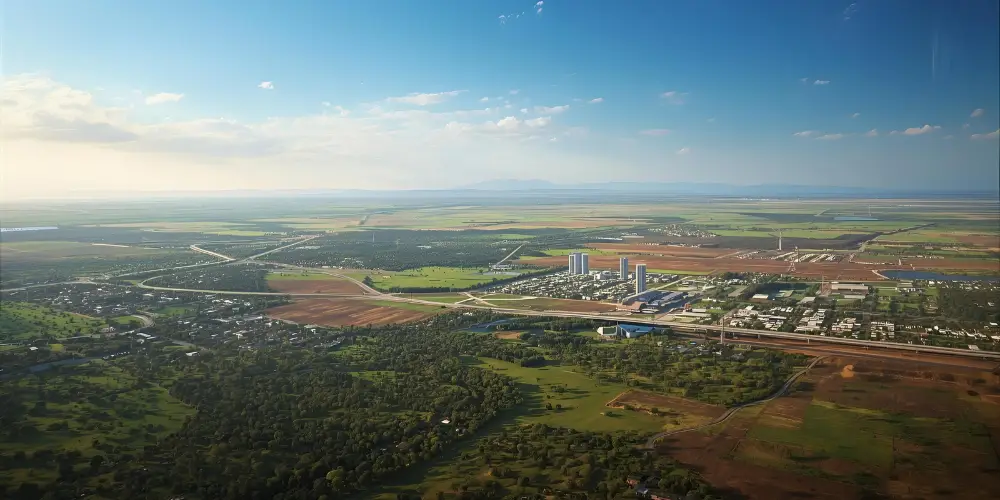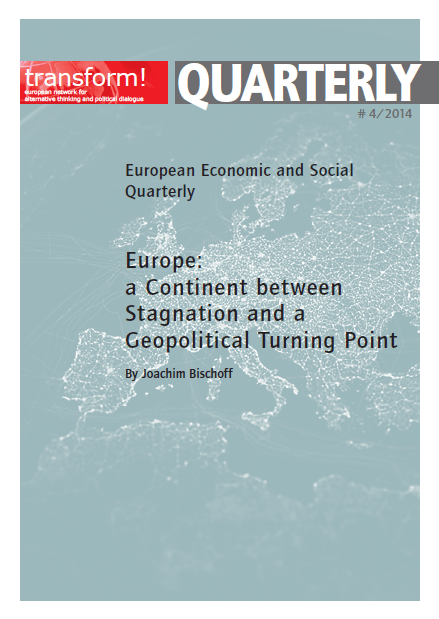Botswana’s Good Governance: Transforming Diamond Wealth into Sustainable Development
Introduction
Botswana, a landlocked country in Southern Africa, is renowned for its remarkable journey from one of the world’s poorest nations to an upper-middle-income economy. This transformation is largely attributed to the country’s steadfast commitment to Good Governance, which has played a pivotal role in harnessing its diamond wealth for sustainable development.
Historical Context
At the time of its independence in 1966, Botswana faced numerous challenges, including limited infrastructure, a weak health system, and a poorly educated population. However, the discovery of diamonds in the late 1960s presented an opportunity that could either propel the nation forward or lead it into the pitfalls of the ‘resource curse’ that has plagued many African countries.
Principles of Good Governance
Good Governance encompasses transparency, accountability, rule of law, participation, and responsiveness. Botswana’s leadership recognized the importance of these principles early on and integrated them into the nation’s policies and institutions, ensuring that diamond revenues were managed responsibly and equitably.
Institutional Framework Supporting Good Governance
The establishment of a robust institutional framework was crucial for maintaining Good Governance in Botswana. Key institutions, such as an independent judiciary, a free press, and active civil society organizations, have played significant roles in promoting transparency and accountability.
Diamond Revenue Management
Botswana’s approach to managing its diamond revenues has been exemplary. The government implemented policies that directed diamond wealth into public investments in education, healthcare, and infrastructure, thereby ensuring that the benefits of diamond mining were widely distributed among the population.
Economic Impact of Good Governance
The prudent management of diamond revenues has had a profound impact on Botswana’s economy. Between 1966 and 1989, the country experienced an average annual GDP growth rate of approximately 13%. This economic boom was driven by investments in human capital and infrastructure, which were made possible through effective governance.
Social Development Initiatives
Investments in social sectors have been a cornerstone of Botswana’s development strategy. Universal primary education, expanded healthcare services, and improved infrastructure have significantly enhanced the quality of life for Batswana, demonstrating the positive outcomes of Good Governance.
Challenges and Responses
Despite its successes, Botswana has faced challenges, including global economic fluctuations and the depletion of diamond resources. The government’s response has been to diversify the economy and continue adhering to the principles of Good Governance to ensure long-term stability and growth.
Lessons Learned
Botswana’s experience offers valuable lessons for other resource-rich countries. The key takeaway is that Good Governance is essential for transforming natural resource wealth into sustainable development. Without effective governance, resource abundance can lead to corruption, inequality, and economic instability.
Environmental Sustainability
Botswana’s development strategy has also emphasized environmental sustainability. The government has implemented regulations to ensure that diamond mining does not harm the natural landscape or wildlife. By balancing economic growth with environmental protection, Botswana demonstrates that Good Governance includes long-term planning and responsibility towards future generations.
Regional Influence and Leadership
Botswana’s commitment to Good Governance has not only benefited its citizens but also positioned the country as a regional leader in Africa. Its transparent policies and successful economic management have made it a model for neighboring countries seeking to leverage natural resources responsibly. International organizations often cite Botswana as an example of how governance can drive sustainable development.
Future Challenges and Opportunities
Looking ahead, Botswana faces both challenges and opportunities in sustaining its growth. Economic diversification, global market fluctuations, and technological advancements require careful planning and effective management. By proactively addressing these issues, Botswana can ensure that its diamond wealth continues to support long-term national development and social welfare.
Conclusion
In conclusion, Botswana’s journey underscores the critical role of Good Governance in leveraging natural resources for national development. By maintaining transparency, accountability, and a commitment to public welfare, Botswana has set a precedent for other nations to follow in utilizing their resources responsibly.
Read more insights and updates about Botswana’s development here.
For more news, click here.




